Excavation
If you have any questions about our services, please call, message or visit us today!
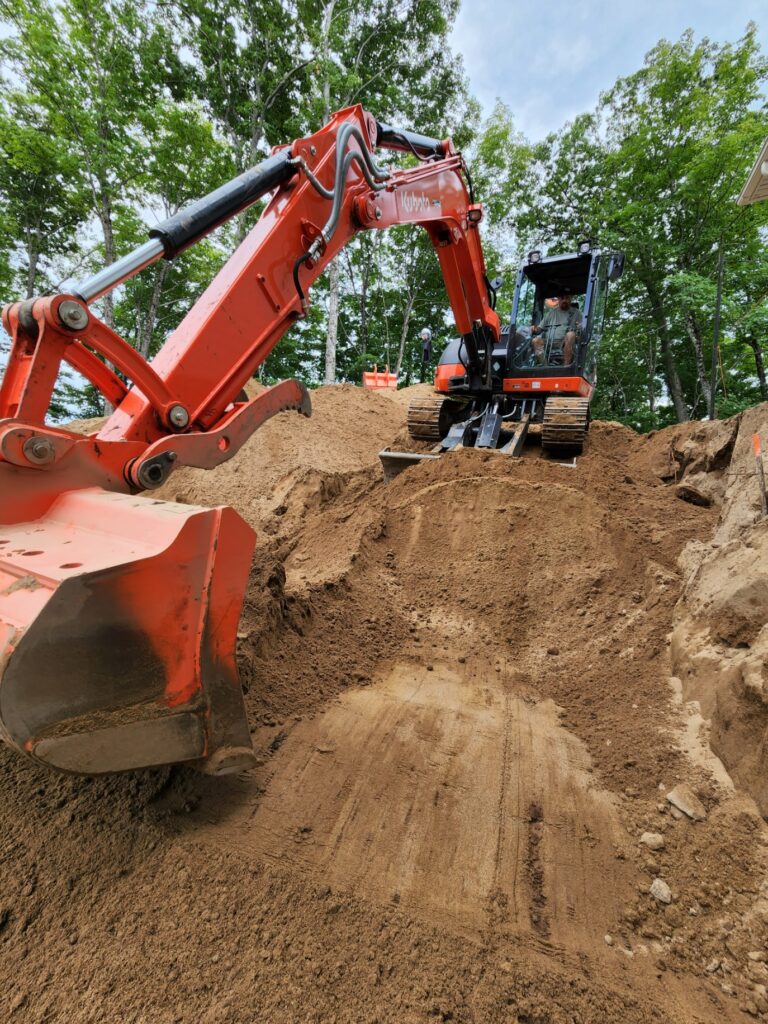
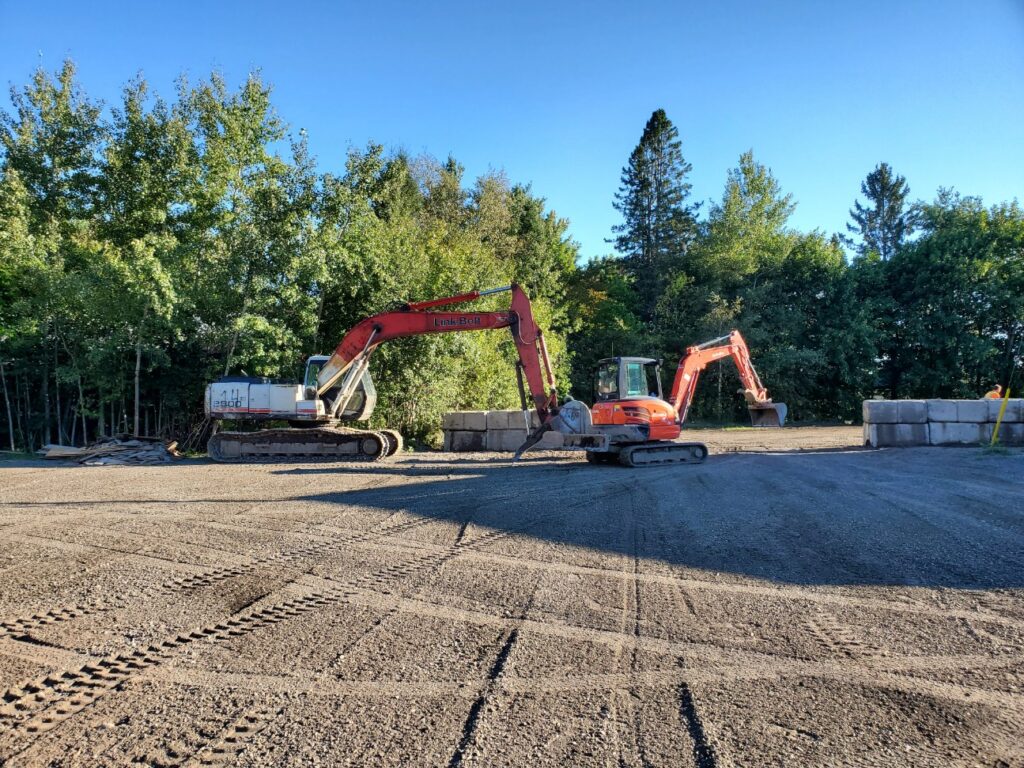
Lot Clearing
Tree removal is the process of cutting down and removing trees from a specific location. It requires careful planning and execution to ensure safety and minimal environmental damage. Depending on the size and position of the tree, specialist tools such as chainsaws, ropes, and cranes may be utilized to safely pull it down in pieces. After the tree is cut down, the debris is usually removed from the site.
Demolition
Demolition is the controlled removal or demolition of a structure, such as a building or bridge, in order to prepare the site for reconstruction or to remove unsafe or outmoded infrastructure. It requires careful planning and execution in order to protect the safety of workers and the environment. After the structure is demolished, the debris is removed from the site and any salvageable components are repurposed or utilized.
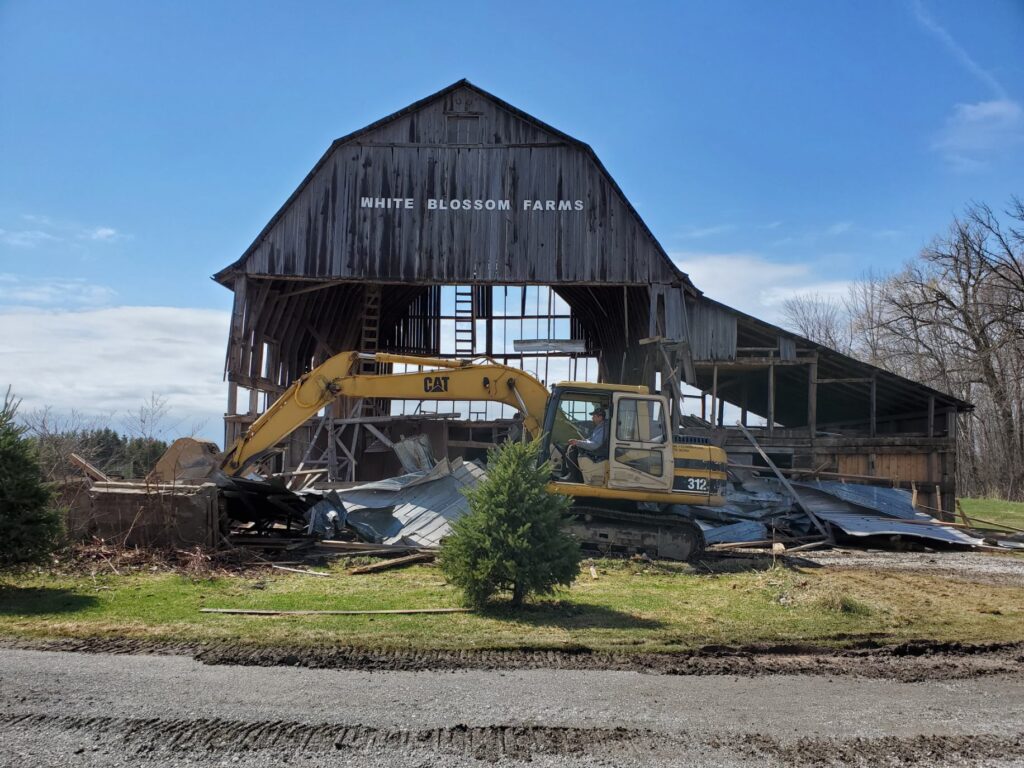
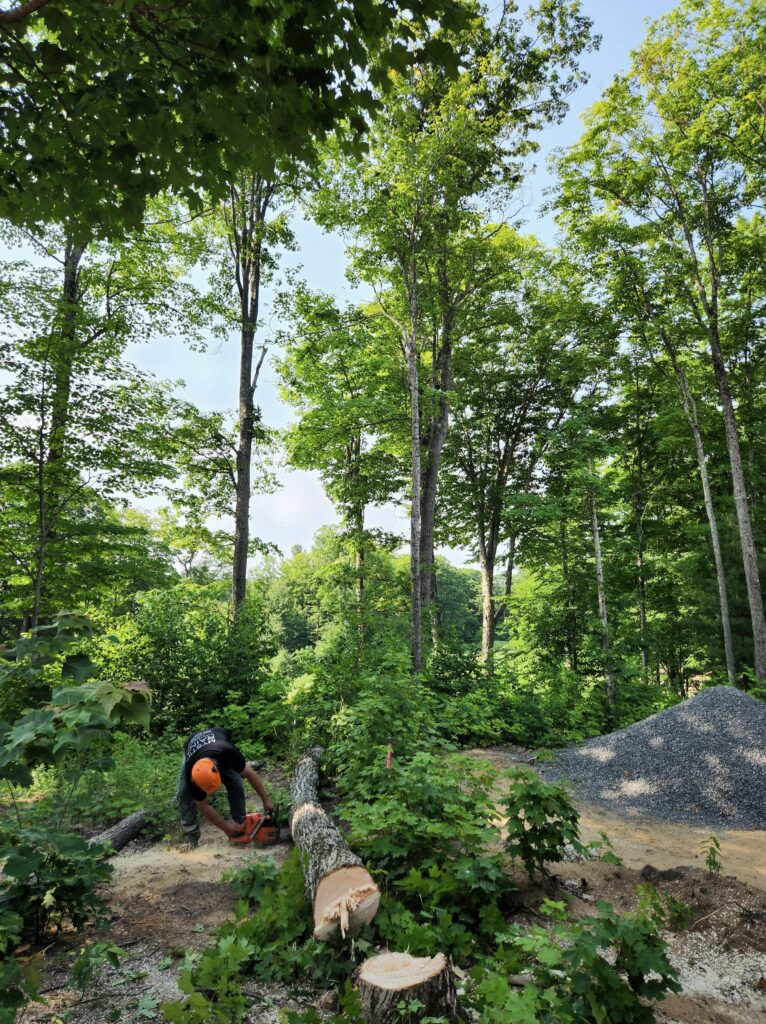
Tree Removal
Tree removal is the process of cutting down and removing trees from a specific location. It requires careful planning and execution to ensure safety and minimal environmental damage. After the tree is cut down, the debris is usually removed from the site.
Yard Drainage
Yard drainage is the control of water runoff on properties to avoid flooding, erosion, and water damage. This approach helps to move water away from buildings and low-lying regions and into proper drainage outlets.

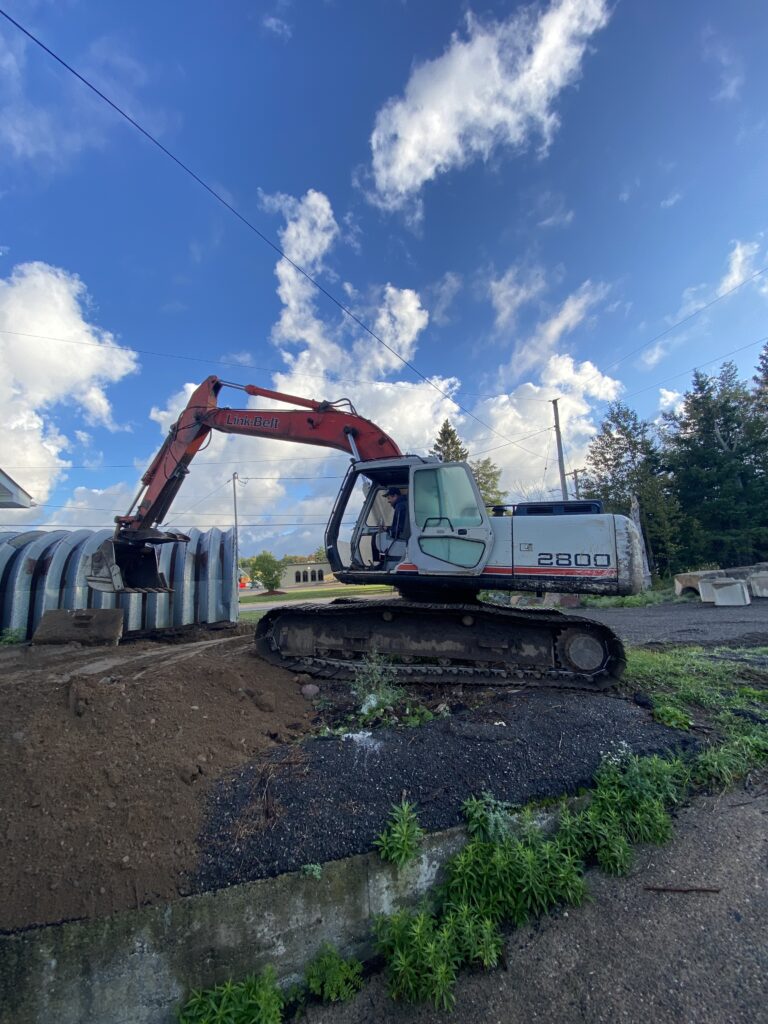
Trenches
Trenches are long, narrow ditches excavated into the ground for a variety of purposes, including the installation of pipes, cables, or services, as well as the building of foundations and drainage systems. When the intended work is finished in the trench, it is usually backfilled with soil to restore the ground surface.
FAQ
About Excavation
What is excavation?
- Excavation is the process of digging, moving, and shaping earth or rock to prepare a site for construction, landscaping, or other purposes. It involves using heavy machinery and equipment to remove soil, rocks, and other materials from the ground.
What are the common reasons for excavation?
- Excavation is commonly required for various purposes, including building foundations for new construction, creating trenches for utilities such as water and sewer lines, grading land for proper drainage, landscaping projects, and site preparation for roads or parking lots.
What types of equipment are used for excavation?
- Excavation typically requires heavy machinery and equipment such as excavators, backhoes, bulldozers, dump trucks, and loaders. The specific equipment used depends on the size and scope of the project, as well as the type of material being excavated.
How deep can excavation go?
- The depth of excavation depends on the specific requirements of the project. In residential construction, excavation depths for building foundations typically range from a few feet to several feet deep. For commercial or industrial projects, excavation depths can be much deeper, depending on factors such as soil conditions and structural requirements.
How long does excavation typically take?
- The duration of excavation depends on factors such as the size and complexity of the project, soil conditions, weather conditions, and the availability of equipment and manpower. Small excavation projects may be completed in a matter of days, while larger projects may take weeks or even months to complete.
What are common challenges faced during excavation?
- Common challenges during excavation include encountering unexpected underground utilities or obstacles, dealing with adverse weather conditions such as rain or freezing temperatures, and addressing soil stability issues such as erosion or groundwater seepage. Experienced excavation contractors are adept at navigating these challenges to ensure the successful completion of the project.
What safety precautions should be taken during excavation?
- Excavation work can be hazardous, so it’s essential to take proper safety precautions. This includes conducting thorough site assessments, implementing proper shoring or trenching techniques to prevent collapses, providing adequate ventilation in confined spaces, and ensuring that workers are trained in excavation safety procedures.
What permits or approvals are needed for excavation?
- The permits and approvals required for excavation vary depending on the location and the nature of the project. In many cases, excavation permits are required from local government authorities to ensure compliance with building codes, environmental regulations, and safety standards.
Choose us for your Excavation needs!
Click the button below to get in touch with us today.
